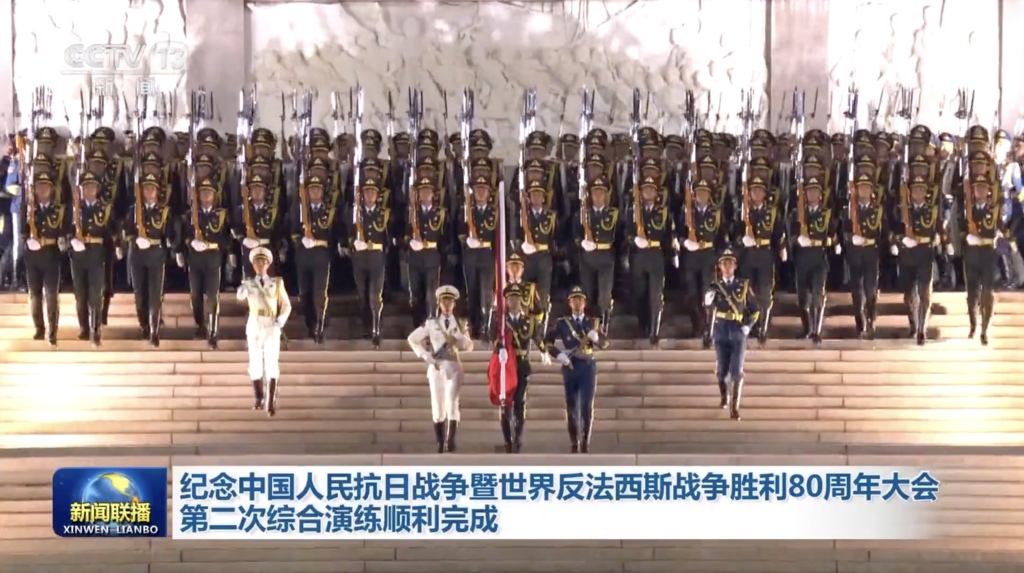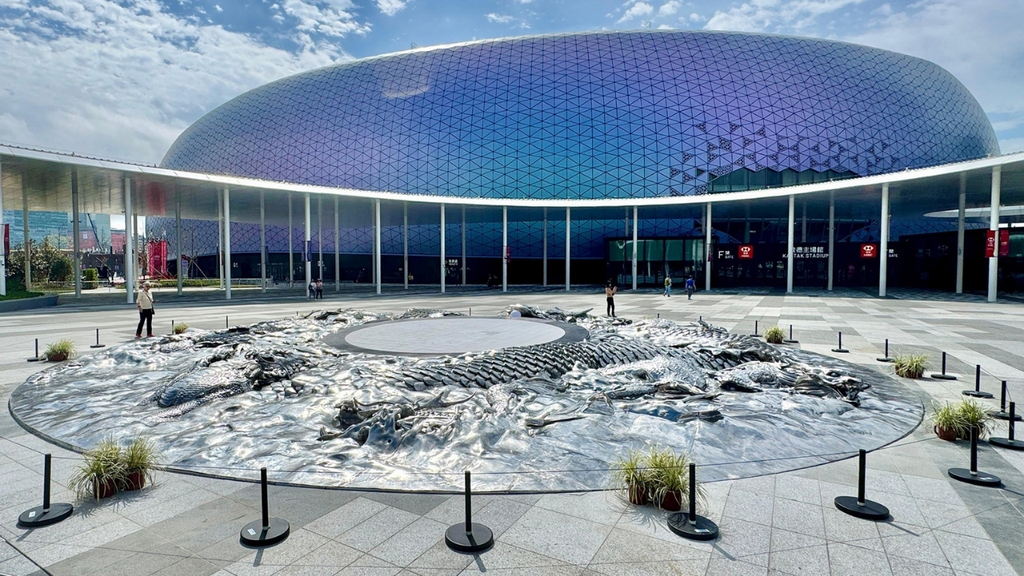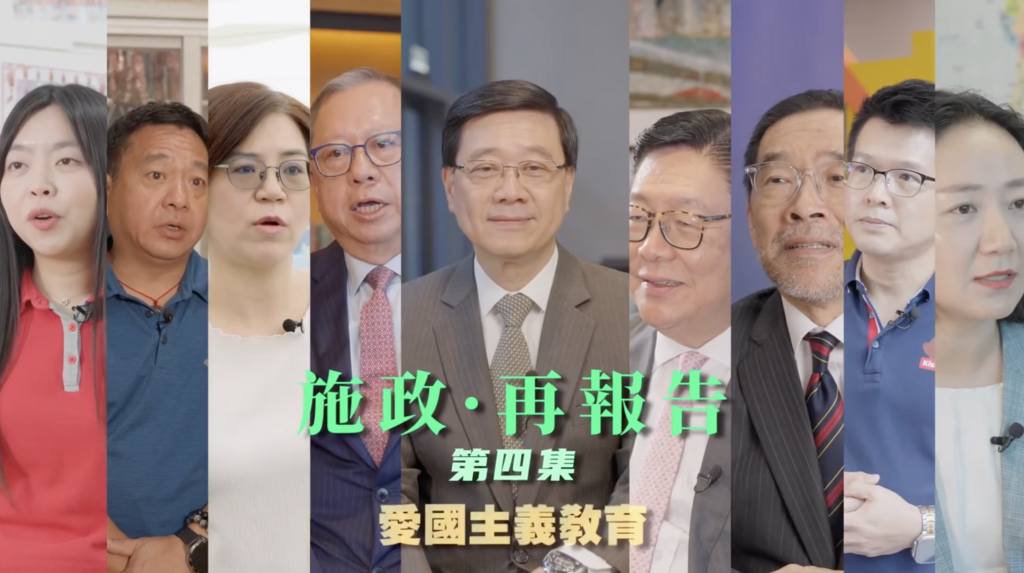By Tu Haiming
With the public consultation process for the fiscal year 2025-26 Budget having started over two weeks ago, attention has been focused on balancing revenue and expenditure of the Hong Kong Special Administrative Region government.
As far as I am concerned, a broader perspective is needed in contemplating the issue of revenues and expenditures. The government should look beyond the current year to the future when drafting the next budget; it should also look beyond the economic benefits of expenditures to the positive effects of expenditures on people's livelihoods. Only by taking into account these two factors can the government formulate a budget that ensures the best value for money.
Consecutive budget deficits in recent years have eaten into the government's fiscal reserves, while high public expectation for reliefs or "sweeties" makes it challenging for the government to curtail expenditures. Therefore, formulating the next budget is akin to walking a tightrope, requiring a delicate balance in the following aspects.
Balance the need for fiscal prudence with proactive governance by taking into consideration medium-and long-term planning.
Over the past five fiscal years up to March this year, the government is estimated to have accumulated a total deficit of HK$600 billion ($77.16 billion). As a result, the fiscal reserves will have contracted 45 percent from HK$1.17 trillion in 2019 to HK$633 billion by March 2025.
Public funds are supposed to be used for improving people's well-being instead of "sitting idly" in the Treasury. However, Hong Kong has always practiced a prudent fiscal policy of living within its means; the upcoming budget should take future risks into account. In other words, it should strike a balance between fiscal prudence and proactive fiscal policy based on medium-and long-term planning. For example, the financial secretary should have a vision for achieving fiscal balance in three years or five years when drafting the new budget.
This evaluation process essentially involves many long-term projects, for which huge investments have been made by the government. They will be completed with additional investment of much smaller amounts and will generate significant economic benefits in a short time. Therefore, fiscal deficit should not constitute a legitimate reason to abandon these projects halfway; rather they should be followed through as long as they prove to be viable.
Hong Kong International Airport's three-runway system is a case in point. The project, which cost HK$141.5 billion and recently went into operation, has the potential to boost capacity by 50 percent.
However, the airport faces fierce competition from its neighbors in the Guangdong-Hong Kong-Macao Greater Bay Area. The government should invest further to optimize the airport's ancillary facilities and services to increase passenger traffic. "Big money" has been spent on the project; it makes no sense to withhold the "small money" needed to complete the last phase of its development to reach profitability. Other similar projects include the Kai Tak Sports Park, which will soon come into operation.
As far as I am concerned, a broader perspective is needed in contemplating the issue of revenues and expenditures. The government should look beyond the current year to the future when drafting the next budget; it should also look beyond the economic benefits of expenditures to the positive effects of expenditures on people's livelihoods. Only by taking into account these two factors can the government formulate a budget that ensures the best value for money
Investment for the future must be sustained and even strengthened no matter what.
China's great scientific achievements, including producing alleged sixth-generation jetfighters, new-type amphibious assault warships and the Chang'e 6 mission, have amazed global audiences. These achievements are the result of the country's relentless efforts that overcame numerous challenges. These achievements should remind Hong Kong that no matter how difficult the current situation, it must not scale back investment for the future. For example, even if it takes a long time for investments in science and technology to yield economic benefits, the upcoming budget should strengthen financial support for emerging strategic industries.
The fledging low-altitude economy is another area with enormous potential. In his 2024 Policy Address, Chief Executive John Lee Ka-chiu outlined strategies for the development of this sector. The forthcoming budget should make substantial investment in necessary infrastructure to boost the development of the low-altitude economy.
Further expenditure on improving people's well-being with an innovative approach.
The consecutive fiscal deficits are primarily the result of the devastating impact of the three-year COVID-19 pandemic, compounded by stagnant post-pandemic domestic consumption. As many businesses have yet to regain vitality, the government has spent heavily on relief measures. The surge in this year's fiscal deficit arises mainly from the introduction of stimulus measures and the lower-than-expected revenues from land sales, stamp duties on property and stock transactions.
The vitality of most sectors in Hong Kong has yet to rebound to pre-pandemic levels; it is, therefore, inadvisable to slash expenditures on the area of livelihood improvements.
Financial Secretary Paul Chan Mo-po may find that formulating the next budget could be his most difficult one since he took office. However, the huge challenge also presents an opportunity to adopt a new mindset and innovative solutions.
For instance, relief funds intended for small-and medium-sized enterprises could be designated for specific projects. Given the challenging business environment, government support is essential. Projects that demonstrate innovative capacity, have the potential to propel industry development, or offer substantial employment opportunities, should be given more financial support.
Furthermore, as Hong Kong grapples with a mounting aging problem and rising eldercare expenditure, the government will need to revise its financial strategy and encourage more seniors to retire to mainland cities in the Greater Bay Area.
When meeting HKSAR governmental officials, Xia Baolong, director of the Hong Kong and Macao Work Office of the Communist Party of China Central Committee, emphasized the need to realize better development through reform. His words deserve the deliberation of HKSAR officials. Established procedures are handy when things are running smoothly, but emerging challenges demand bold and innovative strategies. Indeed, many effective policies have emerged as a result of the pressure to cope with challenges. Formulating the next budget is no doubt a challenging task, but by thinking out of the box and adopting an innovative approach, the challenges can be tackled.
The author is vice-chairman of the Committee on Liaison with Hong Kong, Macao, Taiwan and Overseas Chinese of the National Committee of the Chinese People's Political Consultative Conference and chairman of the Hong Kong New Era Development Thinktank. The views do not necessarily reflect those of Bauhinia Magazine.







 今日热搜
今日热搜

 本周热搜
本周热搜

 本月热搜
本月热搜










 查看更多
查看更多















